Elastic metamaterials and actuators for space applications
Contact: krzysztof.grabowski@agh.edu.pl
Universities involved:
- AGH University of Science and Technology
- Toulouse INP
- ENSEEIHT
Profile and prerequisites:
- Master’s level (year 2), specialisation in mechanics, mechatronics, advanced mechatronics.
- English level B2
Teaching modalities: Combined (on-campus + online) with regularly scheduled times.
Student mobility: It is not mandatory but ideal students can come to Toulouse the last two weeks of March for the test and launch.
Assessment modalities: Project / Presentation.
The course is open to students from AGH and INP.
how to apply
Send your CV and a letter of motivation to contact info. An interview may be requested if deemed necessary.
Description:
Mechatronic space structures require particular solutions in terms of their efficiency, robustness, and precision for equipment which is required to operate for several decades without maintenance. In this context, the piezoelectric technology associated with particular material properties can bring multidomain solutions for actuation, mechanical insulation, or energy harvesting. New opportunities in terms of dynamical mechanical response are brought by elastic metamaterials.
Metamaterials are a new class of materials that exhibit extraordinary properties. In the context of dynamics, they can display negative effective mass and/or stiffness, extending the classical design space of engineering materials. Therefore, they can be very attractive for designing high-performance multipurpose devices.
In this course, students will learn about applications of elastic metamaterials for various mechatronic space devices, in particular energy harvesters, actuators, sensors, and electro-mechanical transformers; and how metamaterials can be designed and used for substantially improving dynamic properties of these systems. Students will have an opportunity to design a device – from theoretical principles to simulations – prototyping it and performing its physical electro-mechanical testing.
The course is composed of 8 classes in which we present the necessary theoretical and practical background, followed by a 4-class student project oriented on designing, assembling, and testing a prototypical device. Finally, students are involved in an industry-level project supported and supervised by top-class experts from the space sector.
Lecturers:
- Pawel Packo
- François Pigache
Course Learning Outcomes:
- know basic wave phenomena and interactions in complex materials
- understand the engineering constraints involved by the space environment
- can combine and apply dynamic phenomena to obtain desired response of a structure
- understand concepts of mechanical impedance and multiple scattering
- know design principles of metamaterials and can apply them for a particular application
- understand differences in dynamics between discrete and continuous systems
- classify the different actuation technologies and recognize their capabilities
- check the requirements of the application in order to elaborate the specifications
- elaborate multiphysics numerical model to design the actuator
- will learn/improve skills in team working, problem-oriented thinking and problem solution, task planning and coordination, problem breaking into sub-tasks and their interfacing during the work, project scheduling, planning and verification
